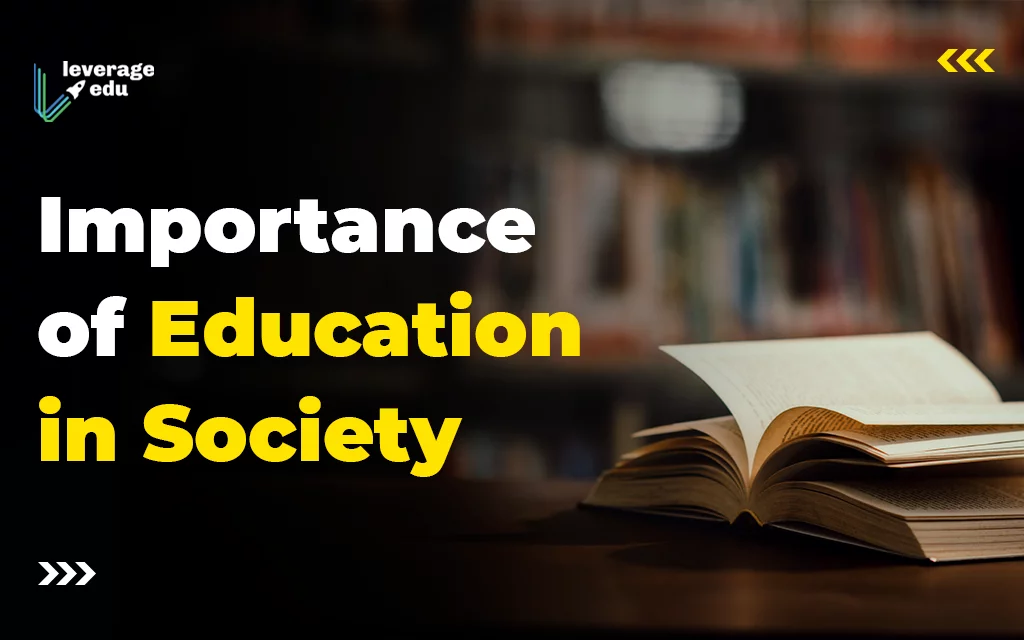What was the objective of Seventh Five Year Plan for Education in India?
The Main Objectives and Task’s of Education During the Seventh Five Year Plan.
- To pay special attention to the education of the backward sections.
- To reform and expand technological -and vocational education.
- To open number of centers for social education.
- To pay attention towards vocational studies.
- To pay attention to specialization at the university stage.
Educational Programs During the Seventh five Year Plan: Technological Education
Following steps are taken for the improvement of technological education:
- Focus on exporting of higher education.
- Efforts were made to provide facilities in areas such as computer sciences, instrumentation, product development, maintenance engineering, bio-sciences and material sciences.
- Improving the standard and contents of technical courses.
- Providing, a lateral entry to the vocational stream from 10+2 stage.
- Restoring the balance in the employment pattern of engineering graduates and diploma holders., and
Providing multi-point entry to the various courses. Besides the improvement on these lines, polytechnic education for women will be given greater attention to meet their special requirements. Further, as a result of reorganization of school education in the 10+2 system and with vocationalization becoming the major thrust in it, the polytechnics will play a significant role in the promotion and development of vocational education, particularly in engineering and allied trades.
Besides modernizing polytechnics and removing obsolescence in courses and equipment, special attention will be paid to emerging technologies and computerization. Development of interaction between the technical institutions and industry will be taken up. Removal of regional imbalances would be another major objective in the development of technical education at all levels.
The faculty in the technical institutions have to keep themselves abreast of the latest knowledge, and advances taking place else where in the world and also have to be in constant touch with industry.
A number of schemes have already been instituted under the quality improvement
programme including M.Tech. and Ph.D. courses, short-term and mid-term courses, and industrial training for engineering college and polytechnic teachers. However, these arrangements need considerable strengthening.
Special attention will be paid to the problems of staff training and retraining and to continuing education for staff, including those of the polytechnics, to facilitate academic and professional advancement.
Forty-six selected polytechnics were assisted and supported to develop them into a network of community polytechnics which would help transfer and apply available technology with the object of modernizing rural structures.
New manpower training programs were undertaken for emerging areas in technology such as micro-processor application, remote sensing, laser technology, atmospheric sciences, and energy sciences.
Programs of management education, particularly in the Institutes of Management, were reviewed by an Expert Committee and on its recommendation the establishment of a new Institute at Lucknow was taken in hand.
The guidelines for restructuring of courses of study indicated by the University Grants Commission (UGC) provide for addition of groups of courses that may be relevant and useful according to local or regional needs. Extension activities will be developed as components within each subject/discipline.
Beneficial linkages will be developed between colleges and development institutions and programs. Application-oriented courses will be given due emphasis. Six centers of 4 educational technology being developed by UGC would serve as regional centers for the production of software for educational technology, and training of personnel engaged in the program of distance education and correspondence courses for higher education.





